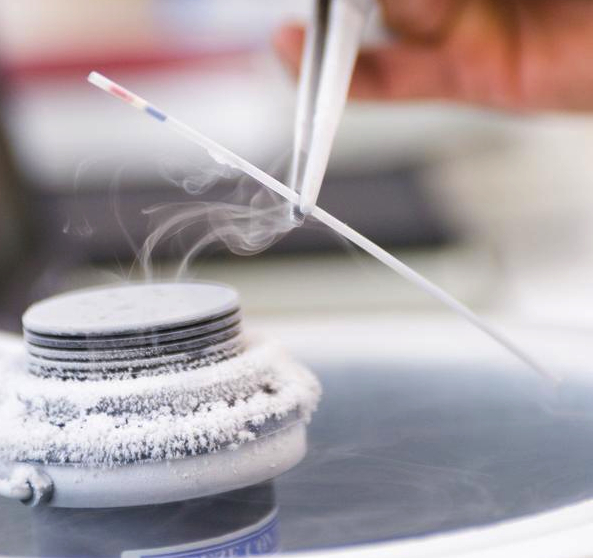Staff writer Andrea Torres chronicles her breast cancer experiences in Tropical Life.
A woman in her early 30s should not have to think about infertility. But breast cancer changes everything.
Doctors have highly recommended that I have a hysterectomy, surgery to remove the uterus, and a prophylactic oophorectomy, removal of my ovaries. Both would be a preemptive move against uterine and ovarian cancer, which can develop after breast cancer.
Thinking about it has been difficult, especially faced with a gynecological appointment this week. On Saturday, I had a crying episode that lasted hours. I haven’t had one in months. Three of my best friends, all males, tried to comfort me.
I called Lawrence Pena, 34, who has a 2-year-old girl named Ella. After he heard my trembling voice, he asked, “What happened?”
“I sat in the shower holding my stomach crying this morning,” I said. “I haven’t been able to stop the tears.”
He listened and said, “It’s going to be OK.” I was calm again. He talked for a bit. And then his phone died.
Although the surgery is common, I am scared. Every 10 minutes, 12 hysterectomies are performed in the United States, or about 600,000 in a year. And about one-tenth of 1 percent of those, about 660 women, die from complications.
Also, when the procedures are done before age 45, there is an increased mortality risk associated with cardiovascular disease, osteoporosis, a decline in psychological well-being, and neurologic and mental disorders, such as cognitive impairment, dementia and Parkinsonism, which is similar to Parkinson’s disease. Of course, there are others who don’t experience these issues.
Estrogen treatment may prevent some of these, but for some breast cancer patients, estrogen feeds tumors. To block estrogen, I am taking a chemoprevention drug called Tamoxifen for the next five years. The drug protects me from osteoporosis, but increases the risk of cancer in the uterus.
Even more concerning is that I inherited a genetic mutation known as BRCA2. This increases my risk for breast and ovarian cancer. Hence, my doctors’ recommendation to undergo a hysterectomy and remove my ovaries. Compounding this are uterine fibroids and some “abnormal cells” found in the uterus.
Some women, who are not as high risk, may have the option of undergoing regular pelvic exams, combined with ultrasounds and blood tests to monitor any possible irregularities in their uterus and ovaries.
